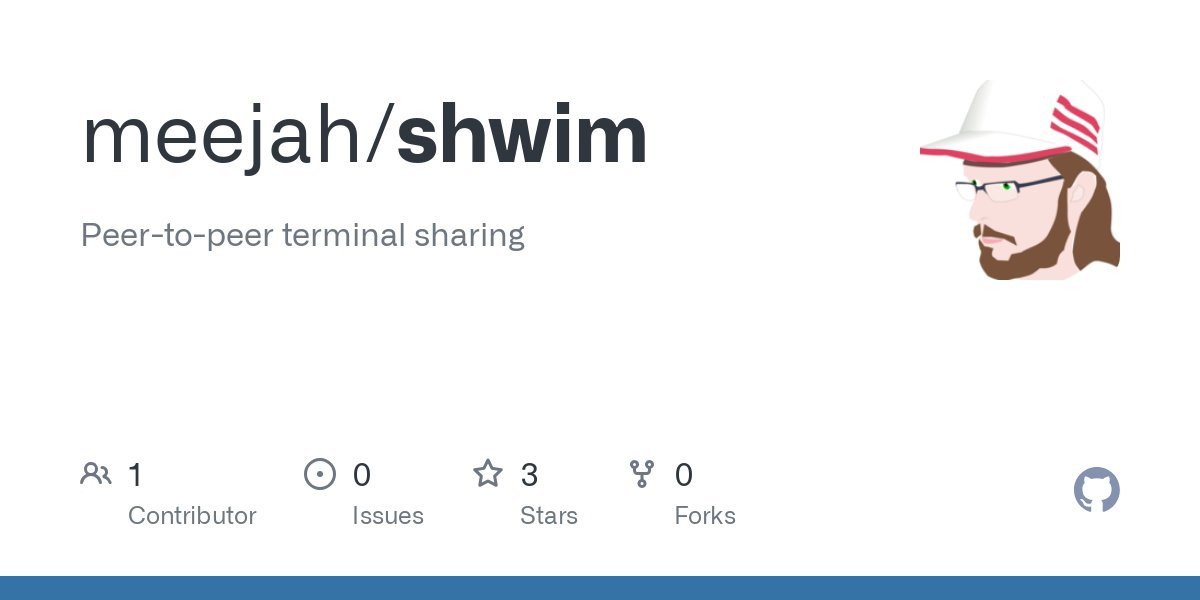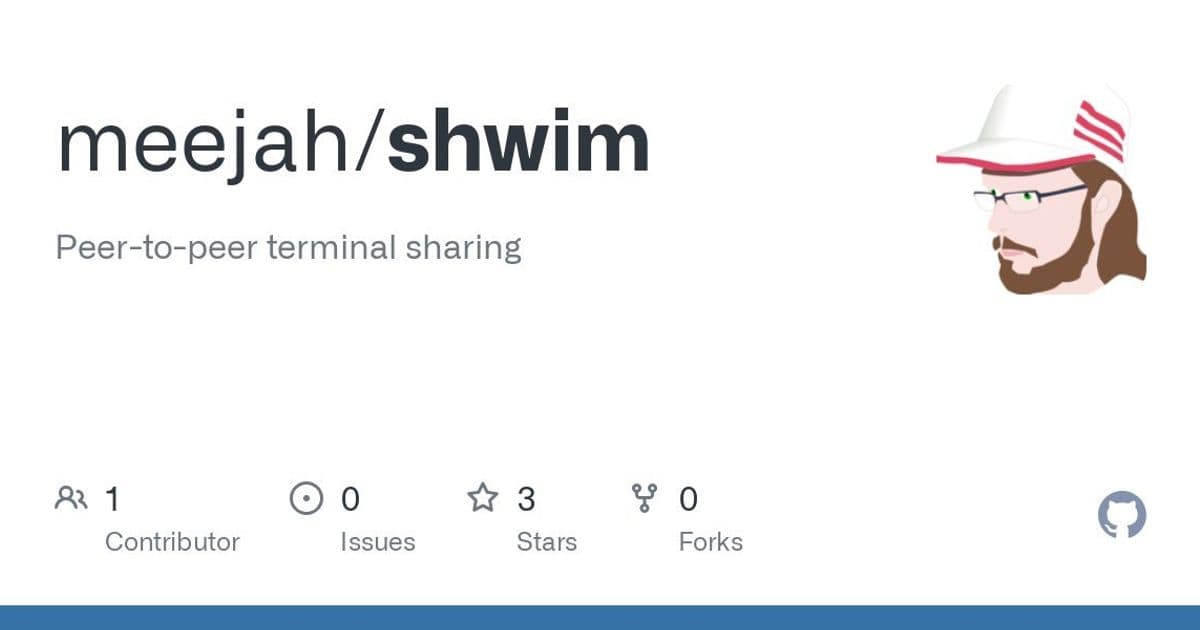A new open-source tool called ShWiM combines Magic Wormhole cryptography and tty-share functionality to enable encrypted terminal sessions between trusted peers. This peer-to-peer solution eliminates server dependencies while ensuring end-to-end security for collaborative troubleshooting and pair programming.

In an era where remote collaboration and troubleshooting are essential, a new open-source tool is redefining secure terminal sharing. ShWiM (SHell WIth Me) leverages battle-tested cryptographic protocols to create ephemeral, encrypted connections between trusted peers—all without intermediate servers or persistent credentials.
The Secure Terminal Sharing Gap
Traditional solutions like SSH tunnels or web-based terminal sharing often involve complex configurations, trust in third-party servers, or lingering access credentials. ShWiM addresses these weaknesses by combining two robust technologies:
- Magic Wormhole (via the Fowl implementation) for establishing peer-to-peer encrypted channels using short human-readable codes
- tty-share for terminal session management and rendering
This fusion creates what developer meejah describes as a "secure, end-to-end encrypted, peer-to-peer terminal sharing application" where all communication occurs directly between host and guest machines.
How ShWiM Works
- Initialization: The host runs
shwim, generating a unique magic code - Connection: The guest executes
shwim <magic-code>to establish a direct link - Tunnel Creation: ShWiM spawns tty-share subprocesses on both ends, confining all traffic to the encrypted Magic Wormhole tunnel
- Session: Both parties interact with the host's terminal in real-time, supporting advanced features like curses interfaces
- Ephemeral Security: Sessions terminate completely when either side disconnects, leaving no residual configurations
# Installation and basic usage
pip install shwim
shwim # On host machine
shwim CODE-123 # On guest machine
Implications for Developers
ShWiM's architecture offers compelling advantages:
- Zero Trust Infrastructure: No servers means no attack surface beyond the direct peer connection
- Cryptographic Integrity: Magic Wormhole's security model prevents MITM attacks without certificate management
- Transient Sessions: Eliminates risks from forgotten access credentials or lingering processes
- Native Experience: Maintains full terminal functionality including interactive prompts and keyboard shortcuts
While ideal for pair programming or remote support among trusted collaborators, the tool's warning remains crucial: "Only do this with humans you would hand your local keyboard over to."
ShWiM represents a growing trend toward ephemeral, peer-to-peer developer tools that prioritize security without sacrificing usability. As remote work evolves, such solutions could redefine how we approach collaborative systems work—one encrypted terminal session at a time.
Source: ShWiM GitHub Repository

Comments
Please log in or register to join the discussion